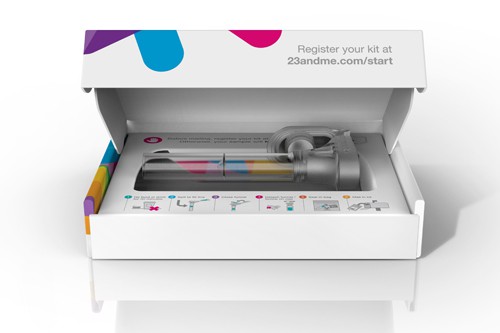
The turnaround of 23andMe continues apace with the online personal genetics company signing its second big pharma research deal of 2015, this time with Pfizer.
Following on hot on the heels of its Parkinson’s disease collaboration with Genentech 23andMe will give Pfizer access to its research and analysis services.
The bedrock of these is a genotyped population of over 800,000 individuals, more than 80% have consented to participate in research.
The deal adds to the 23andMe’s existing work with Pfizer, which last year saw the companies agree an inflammatory bowel disease research pact that has so far enrolled nearly 4,000 patients into a new community
Jose-Carlos Gutierrez-Ramos, group senior vice president and head of BioTherapeutics Research & Development at Pfizer, said: “The expanding collaboration with 23andMe provides access to a wealth of data.
“The better we understand the genetic heterogeneity of complex diseases, the faster we may be able to accelerate the pace of development for potential new treatments for the right patient subpopulation.”
The agreement will provide Pfizer scientists with access to the largest dataset of its kind and allow them to run queries in minutes across more than 1,000 different diseases, conditions and traits.
“With this information researchers can identify new associations between genes and diseases and traits more quickly than ever before,” 23andMe said.
23andMe president Andy Page said: “23andMe’s Research Portal and custom research tools may benefit Pfizer by helping to understand some potential linkages between genetic traits and disease. By enabling genetic research on a larger scale, we hope to help our partners to speed the development of potential new therapies.”
As a part of the deal the companies will collaborate on a number of genome-wide association studies, surveys, and clinical trial recruitment projects.
For now details of most of these have been kept close to their chest, but the partners did say they would work together on a longitudinal study to better understand the genetics of lupus.
This study will involve recruiting 5,000 people who will be genotyped and enrolled into a new lupus research community. The work would also integrate volunteers’ existing medical records and, in addition to capturing their genetic information, would involve targeted biological sampling.




